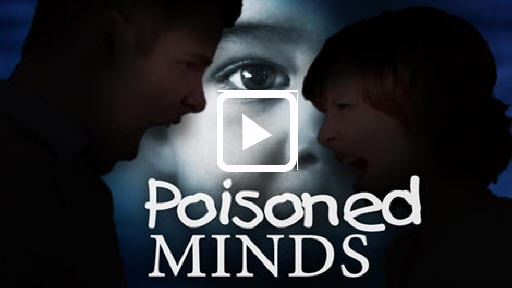![]()
Plastic surgeon loses appeal in Supreme Court
The Globe and Mail, Canada's largest national newspaper, OTTAWA, February 9, 2007
In a ruling that hands judges more power to pry money out of tight-fisted ex-spouses, the Supreme Court of Canada has upheld the jail time meted out to a well-heeled plastic surgeon accused of fleeing the country to avoid support payments. The 9-0 decision, handed down Friday, concluded that a lower-court judge had the authority to hold Dr. Kenneth Dickie in contempt and jail him for 45 days. The judgment will have ramifications far beyond the case at hand, said Harold Niman, the lawyer for the doctor's divorced wife, Leaka Dickie. Mr. Niman said the green light to use the contempt power provides a "potent new weapon" for the judiciary to force recalcitrant ex-spouses to pay up. "The Supreme Court has sent a very strong message to lower courts to go ahead and use that [weapon]"
Mr. Niman admitted it's uncertain how much money - if any - Leaka Dickie will actually see, since her former husband now lives in the Bahamas, where Canadian court orders normally can't be enforced. But he refused to give up on that point, saying there are "steps that we are considering taking against Dr. Dickie . . . which will hopefully persuade him to comply with the orders." Mr. Niman wouldn't elaborate on the measures he has in mind.
Rochelle Cantor, the lawyer for Dr. Dickie, said her client doesn't have the roughly $700,000 in backlogged child and spousal support for which he's currently on the hook. "If you don't have the money, you can't pay it," said Cantor.
She also noted that Dr. Dickie is now remarried, with two more children in addition to the three from his first marriage, and isn't as wealthy as his first wife claims. "This affects all men across this country who now are in second marriages," said Ms. Cantor. "When do men get to say 'enough is enough, I have a second family I've been in for 15 years that I owe an obligation to.' " Ms. Cantor said her next step will be to seek a hearing in Ontario Superior Court, where she will argue that past support orders in favour of Leaka Dickie must be modified in light of Kenneth's changing financial circumstances. Dr. Dickie, who used to practise in Sarnia, Ont., moved to the Bahamas in 2002 and stopped paying child and spousal support. His ex-wife says he left Canada to dodge the payments, while he insists it was a business decision that turned sour when his new practice in Freeport failed to produce the income he'd expected. Dr. Dickie returned briefly to Canada in 2004 and was promptly cited for contempt for failing to comply with a court order to provide his ex-wife with a $150,000 letter of credit and to put up another $100,000 to cover her potential legal costs. He served his 45 days, then went back to the Bahamas. His lawyer says that for the last two years he's resumed support payments, forking over between $2,500 and $3,000 a month - far short of the $12,000 he was ordered to pay, but all that he says he can afford.
The court file lists Dr. Dickie's income at approximately $1.5 million for the final two years he spent in Canada. He now operates the Bahamas Institute of Plastic Surgery, which offers a wide range of services including breast enhancement and tummy tucks. Patients from Canada and the United States can sign up for package deals that include post-operative stays at upscale hotels. Dr. Dickie is described in court documents as leading a lavish life in Freeport, driving a Porsche and Mercedes, and living in a luxury home. His lawyer says the Porsche has been replaced by a used Toyota, the Mercedes belongs to his second wife and was a gift from her father, and their home is a relatively modest row house. Justice John Laskin, one of three judges who reviewed the case at the Ontario Court of Appeal, concluded Dr. Dickie had shown an "appalling disregard" for his support obligations and had fled Canada to escape them. He said Dr. Dickie shouldn't even have been allowed to appeal the contempt finding against him. The Supreme Court, in a terse seven-paragraph judgment, endorsed Mr. Justice Laskin's findings.




